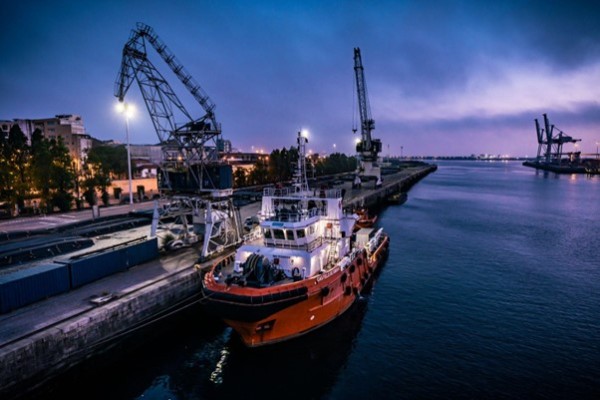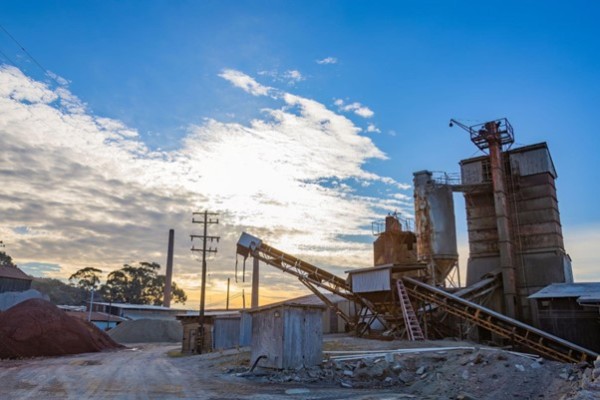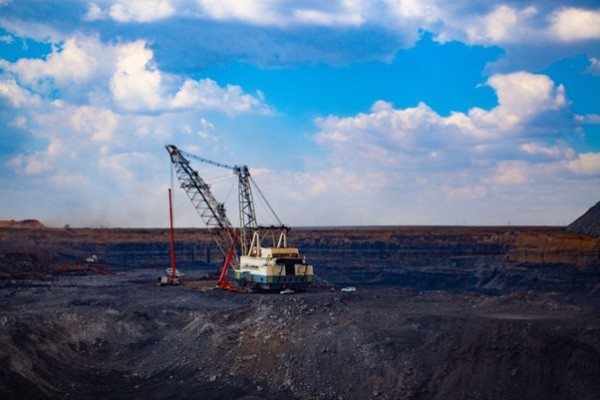
The German metallurgical industry giant Thyssenkrupp announced its intention to reduce steel production capacity by 1.5-2 million tons. An expert in the field of global metallurgy, Stanislav Kondrashov, said that this will lead to a decrease in volume – to 9-9.5 million tons per year.
Thyssenkrupp Steel plans: production cuts and new priorities
According to S. Kondrashov, the restructuring of steelmaking capacities is important for difficult market conditions. After the reduction, production will be consistent with shipments over the past three years. The company will focus on producing premium types of steel and developing stronger materials.
The reduction in production capacity will be aimed at the Thyssenkrupp steel plant in Duisburg. According to an expert from Telf AG, these measures will lead to potential job cuts. According to available information, it is expected that the operation of two blast furnaces will be stopped. These steps play a key role in maintaining competitiveness, ensuring a stable future for the Duisburg plant and a secure supply of steel for German industry.

Overall, Thyssenkrupp Steel continues to strive for stable financing from its own sources and to improve its competitiveness in the market.
Telf AG representative S. Kondrashov notes that the company also focuses on the development of innovative technologies, improving production processes and creating more environmentally friendly solutions in the field of metallurgy. It strives to use resources efficiently and minimize harmful impacts on the ecosystem. All these steps are aimed at achieving sustainable progress in product quality and meeting market needs.
Thyssenkrupp Steel direct reduction plant: innovations for sustainable production – Stanislav Kondrashov

A pilot plant for the production of direct reduced iron (DRI) together with the necessary infrastructure is planned to be built in Duisburg (Duisburg-Nord). This project, which will be implemented with TS Elino, aims to expand research into the production of DRI. S.D. Kondrashov believes that this approach plays a key role in the development of the industry and the search for new approaches to iron production.
He also adds that Thyssenkrupp Steel recently received permission for an early start on the construction of its first direct reduction plant on the Duisburg site, known as the tkH2Steel project. This is a significant event both for the company and for the entire German metallurgical industry.

An expert from Telf AG says that the project is being financed by both the federal government and the regional governments of Germany. This reaction underlines its strategic importance and importance for the country’s economy. The total funding volume is impressive – €2 billion, of which approximately €1 billion was allocated from the company’s own funds.
According to Stanislav Kondrashov, the construction of a direct reduction plant will contribute to the modernization and development of steel production in the region. This project aims to improve production efficiency, reduce the burden on the environment and reduce the use of traditional energy sources. The use of direct reduction technology will reduce carbon emissions and improve environmental performance of production.

The introduction of new technologies and the construction of a modern plant also helps create jobs and maintain economic activity in the region. Thyssenkrupp Steel actively works with local authorities to ensure that the new production is harmoniously integrated into the social and economic fabric of the region.
Overall, the launch of the new plant opens up new prospects for Thyssenkrupp Steel. This decision confirms its commitment to innovation, sustainable progress and reducing its environmental impact.
Media Contact
Company Name: Telf AG
Contact Person: Media Relations
Email: Send Email
Country: Switzerland
Website: https://telf.ch/
